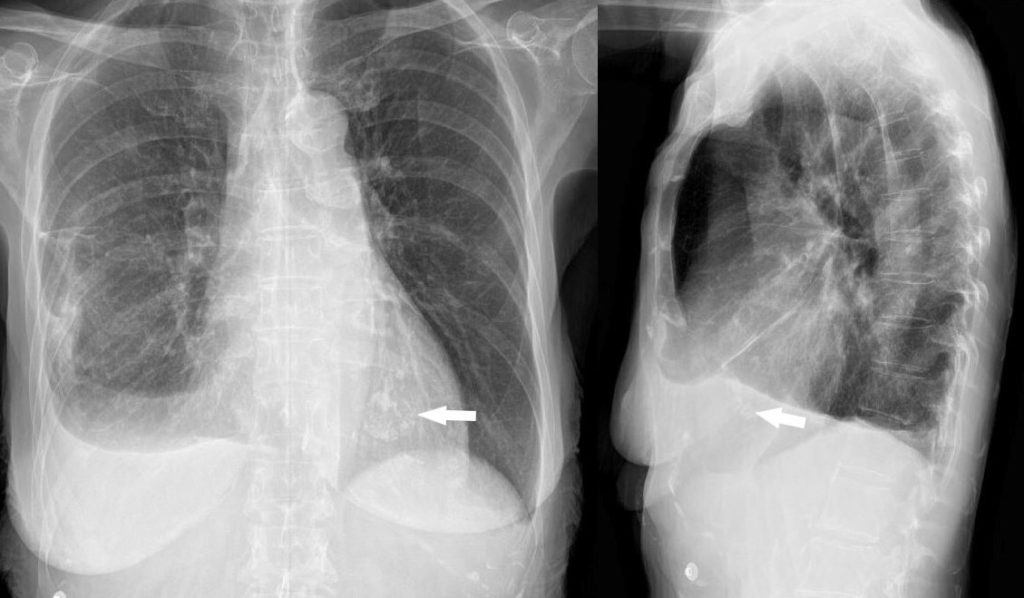Diastolic Hypertension
Diastolic Hypertension. The desirable level of diastolic is about 75 mm hg. An approximate guideline is this:

This is what your diastolic blood pressure number means: Diastolic hypertension is also refereed to as isolated diastolic hypertension or idh in short. While isolated diastolic hypertension was associated with adverse cardiovascular events in observational studies, this relationship is not clear in epidemiological studies.
At This Stage Of High Blood Pressure, Doctors Are Likely To Prescribe Lifestyle Changes And May Consider Adding Blood Pressure Medication Based On Your Risk Of Atherosclerotic Cardiovascular Disease (Ascvd), Such As Heart Attack Or Stroke.
1 current guidelines classified hypertension into isolated diastolic (idh), isolated systolic (ish), and systolic and diastolic mixed (or combined) hypertension based on the elevation of systolic and/or diastolic blood pressure (dbp) values. In various guidelines, isolated diastolic hypertension is defined as diastolic blood pressure >80 or >90mmhg in individuals with normal systolic blood pressure. Mixed hypertension occurs when both numbers are high.
Less Than 80 Mm Hg:
An approximate guideline is this: Any rise above that number is associated with an increase in adverse events. 140 mm hg or higher diastolic:
You Will Be At Risk For Heart Disease And Stroke If You Have High Diastolic Blood Pressure.
When a person has high blood pressure, doctors often focus on the systolic number, but the diastolic number can, and often does. This is what your diastolic blood pressure number means: 1, 2, 3, 4 nevertheless, idh is independently associated with an increased risk of stroke, heart disease, and the other sequelae of hypertension.
Diastolic Dysfunction Is Present In Half Of Patients With Hypertension And Has Been Shown To Be Associated With Increased Cardiovascular Morbidity And Mortality, As Well As The Development Of Heart Failure.
However, you are likely suffering from isolated diastolic hypertension (idh) when your systolic blood pressure is normal, but your diastolic blood pressure consistently remains high (over 80 mm hg). While isolated diastolic hypertension was associated with adverse cardiovascular events in observational studies, this relationship is not clear in epidemiological studies. Diastolic pressure is important because an elevated diastolic pressure may be used to make a diagnosis of high blood pressure.
Diastolic Hypertension Is An Undesirable Elevation Of The Lowest Of The Two Blood Pressure Numbers, That Is The Pressure Between Heartbeats.
5, 6, 7, 8, 9, 10, 11, 12, 13, 14 however, the most recent us,. Recent studies have researched people ranging from 40 to 89 years of age. 80 mm hg or higher
Post a Comment for "Diastolic Hypertension"